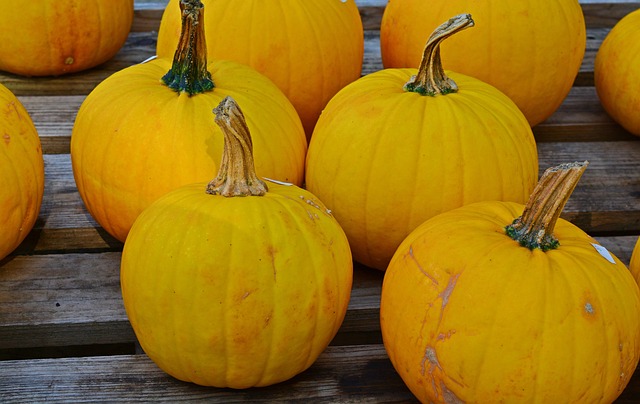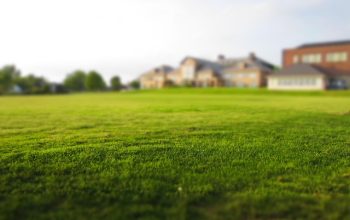Yard waste, like clippings and scraps, is a major landfill contributor, releasing methane. Composting, an eco-friendly alternative, diverts organic material, reduces emissions, enriches soil, and cuts fertilizer needs. Starting a compost pile with 'green' and 'brown' layers is simple; turned regularly, it creates nutrient-rich compost for plants and soil health, effectively managing yard waste while promoting sustainability.
For garden enthusiasts looking to reduce their environmental impact, understanding yard waste removal and recycling is key. This article explores how compost creation turns organic materials into a valuable resource for your garden, enriching soil health and fostering sustainable gardening practices. By employing simple techniques to start your own compost pile, you’ll discover an effective solution for managing yard waste while unlocking the numerous benefits of composting for a thriving garden.
- Understanding Yard Waste and Its Impact on the Environment
- The Benefits of Compost Creation for Gardeners
- Step-by-Step Guide to Starting Your Own Compost Pile
Understanding Yard Waste and Its Impact on the Environment

Yard waste, such as lawn clippings, garden trimmings, and food scraps, is a significant part of household garbage. Improper disposal methods contribute to environmental issues, like landfill overcrowding and greenhouse gas emissions. Traditional yard waste removal often involves sending these organic materials to landfills, where they decompose slowly, releasing methane—a potent heat-trapping gas that exacerbates climate change.
Recycling yard waste through composting offers a sustainable solution. By diverting organic material from landfills, composting reduces methane emissions and minimizes the need for synthetic fertilizers. It’s an eco-friendly practice that not only benefits the environment but also enriches garden soil, promoting healthier plant growth. This simple yet powerful method empowers garden enthusiasts to take charge of their environmental impact while nurturing their green spaces.
The Benefits of Compost Creation for Gardeners

Compost creation offers numerous benefits for garden enthusiasts, providing an eco-friendly solution to a common problem—yard waste removal and recycling. By composting, gardeners can reduce the amount of organic material sent to landfills, where it often decomposes anaerobically, producing methane, a potent greenhouse gas. Instead, compost enriches soil structure, increases water retention, and provides essential nutrients for plants, thereby reducing the need for synthetic fertilizers.
This natural process not only benefits the garden but also has positive environmental implications. By creating compost at home, gardeners can create a nutrient-rich resource that improves overall ecosystem health. It’s an excellent way to transform kitchen scraps and yard waste into something valuable, fostering a more sustainable approach to gardening and contributing to a greener, more balanced environment.
Step-by-Step Guide to Starting Your Own Compost Pile

Starting your own compost pile is an easy and rewarding way for garden enthusiasts to reduce yard waste removal and recycling efforts. Begin by choosing a suitable location—a designated corner of your garden or a dedicated bin—that receives ample sunlight and has easy access. Next, gather organic materials such as fruit and vegetable scraps, coffee grounds, eggshells, and yard trimmings like grass clippings and leaves. Layer these materials in a balanced ratio of green (nitrogen-rich) to brown (carbon-rich) components. Green items provide moisture and nitrogen, while brown materials help maintain oxygen levels and break down slowly.
Regularly turn the pile every few weeks with a pitchfork or garden tool to aerate the compost and speed up the decomposition process. Maintain a moist but not soggy environment by adding water if needed. Over time, as the organic matter breaks down, you’ll notice dark, crumbly material forming—that’s your finished compost! This rich, nutrient-dense substance can then be used to fertilize plants, enhance soil structure, and improve overall garden health, closing the loop on yard waste removal and recycling.
Compost creation is a powerful tool for garden enthusiasts looking to reduce their environmental impact. By understanding yard waste and its potential harm, gardeners can embrace the benefits of composting, which enriches soil, promotes sustainable gardening practices, and reduces reliance on external fertilizers. Following a simple step-by-step guide ensures anyone can start their own compost pile, effectively recycling yard waste and fostering a healthier, more vibrant garden ecosystem. Adopt this eco-friendly practice to contribute to both your garden’s success and the planet’s well-being.



